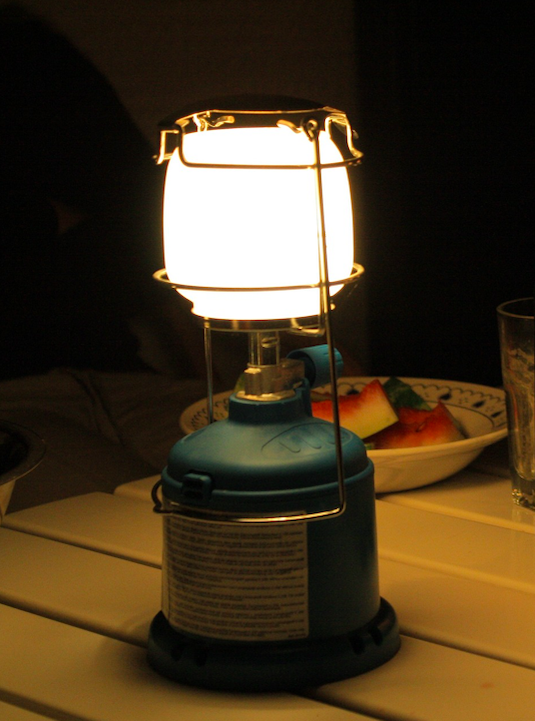
by Alissa Klugh, MS, LPC, CIMHP, CTMH, CCTP-II
Well, since we’re all looking it up and talking about it, let’s hash a few things out for the experience of “Gaslighting,” Merriam-Webster’s Word of the Year for 2022.
Originally a term mainly used in therapy, Merriam-Webster defines gaslighting as behavior that’s mind-manipulating, grossly misleading, [and] downright deceitful. It is a tool of domination and predicated on trust. It originated from the 1944 film called “Gaslight,” a movie about a husband who psychologically manipulates his wife, leading to her inevitable breakdown. This film seems pretty spot on for the potential aftermath of gaslighting.
I agree with Merrium-Webster’s definition and see it all too often; and this comes from all walks of life, this isn’t just my clients who bring this word and this complaint to me. While gaslighting is a horrible thing to experience, none of us are immune to it. Yes, even I have been gaslit by more than one person who I thought had my best interests at heart.
I want to bring some (non-gas) light to the definition to provide inquiring minds what this is all about when you experience it, first-hand.
Dr. Ramani Durvasula, a Licensed Clinical Psychologist in Los Angeles, CA (and author of several books on Narcissism and relationships), provides clarity to the definition of gaslighting. She denotes that gaslighting actually has three parts:
- Denial of the recipient’s reality. For example, the statement “I never said that.” – This, alone, does not define gaslighting.
- Telling you there is something wrong with you. An illustration of this would be “Oh, you’re always so anxious and paranoid about everything.” Or “It’s about time you go to a therapist to work out your paranoia.”
- Occurs more than once. Typically, this happens over time, with many issues, and is done to create self-doubt and confusion in the person who is the receiver. It characteristically breaks their spirit, leaving its recipient to believe that did the wrong or are “the problem.”
In addition to all of this, there is a difference between gaslighting and lying. Much like gaslighting, lying is a denial of something; however, when someone is lying, the lie can be shut down by evidence; with gaslighting, the lie is wrapped up in invalidating comments and manipulation.
In relationships, we hope for someone who is kind, helpful, compassionate, respectful, and collaborative. We want equity and an investment in our partner’s growth – and vice versa. Unfortunately, when we get into relationships that are unhealthy, and gaslighting is happening, we oftentimes will miss the issues which are clouded by wanting things to go well. When humans are in a relationship with someone whom they believe that they can trust or that they want to trust, there is a cognitive dissonance that occurs because we want consistency in relationships. In turn, we attempt to look for the positives and turn a blind eye to the negativity that gaslighting brings into the relationship.
Gaslighting is oftentimes paired with love bombing, another relationship term that is depicted by strong, intense feelings that are expressed early in a relationship and can be disorienting to the recipient. It can include wanting to spend all their time with their new partner, wanting to move in together right away, taking up all of their partner’s time, etc. Love bombing can feel intoxicating and is addictive in nature. Who doesn’t like to feel loved, right?
Well, love bombing tends to address a deficit in one’s life that happened from an early age, such as being wanted and worthy of love. It tends to wear off after about six weeks to three months into the relationship. When it starts to fade, we start to see unfavorable behaviors in our partners, such as gaslighting, other forms of manipulation, and a withdraw of love and strong emotions. This can leave the recipient feeling confused, stuck on, and addicted to the idea that their partner “used to be so good” to them and just “wants to go back to when” their partner acted how they did in the beginning of the relationship. Pair this together with various insecure attachment styles, and it can leave a mess in its wake.
The bottom line is this: If you have experienced gaslighting, or you are currently a victim to it, you are not alone and there is hope on getting yourself out of the situation. I recognize that everyone has their own journey and we will make our decisions based off of our experiences when we are ready – so there is no amount of information that I am going to share that is going to make someone make a change; however, there is information out there and available to us to take in an use in whatever way we see fit regarding a particularly difficult, painful, and mystifying behavior that can leave you feeling like crap.
I hope this helped enlighten you on gaslighting and it gives you some information to use at your leisure. I encourage you to reach out to a therapist to work through gaslighting issues so that you can begin to discover that maybe you are not the problem in these types of relationships.
I believe in you and you are worthy.
